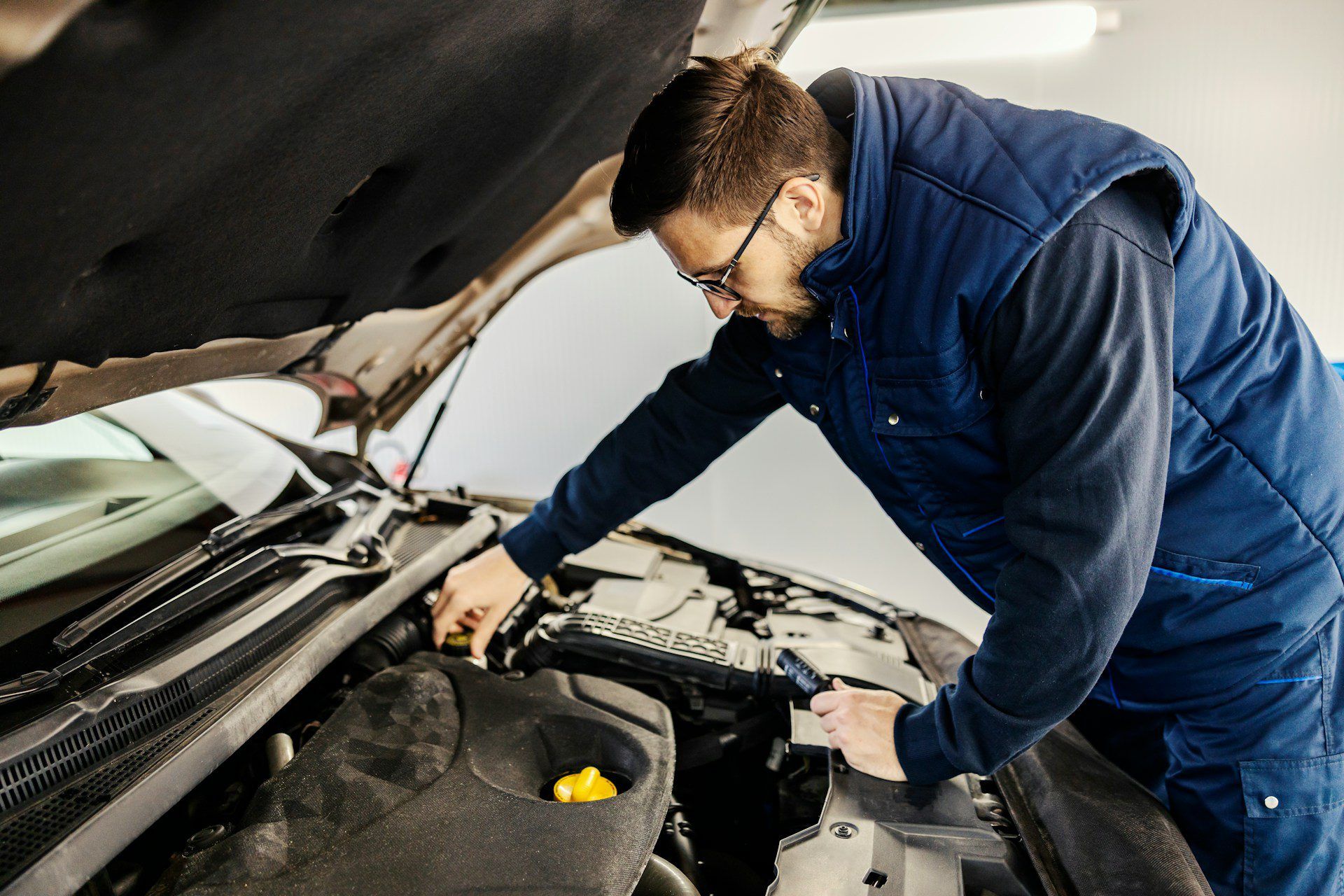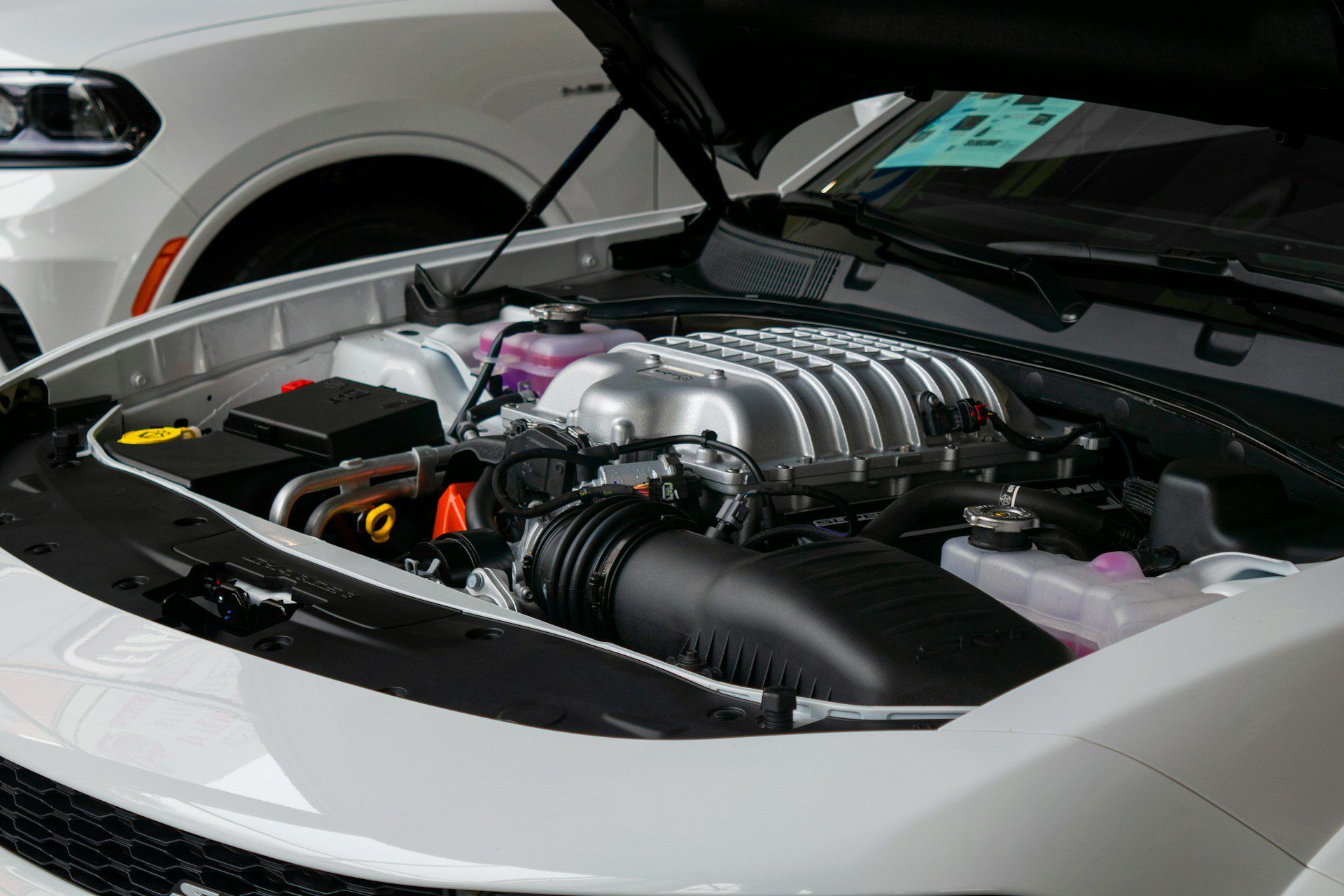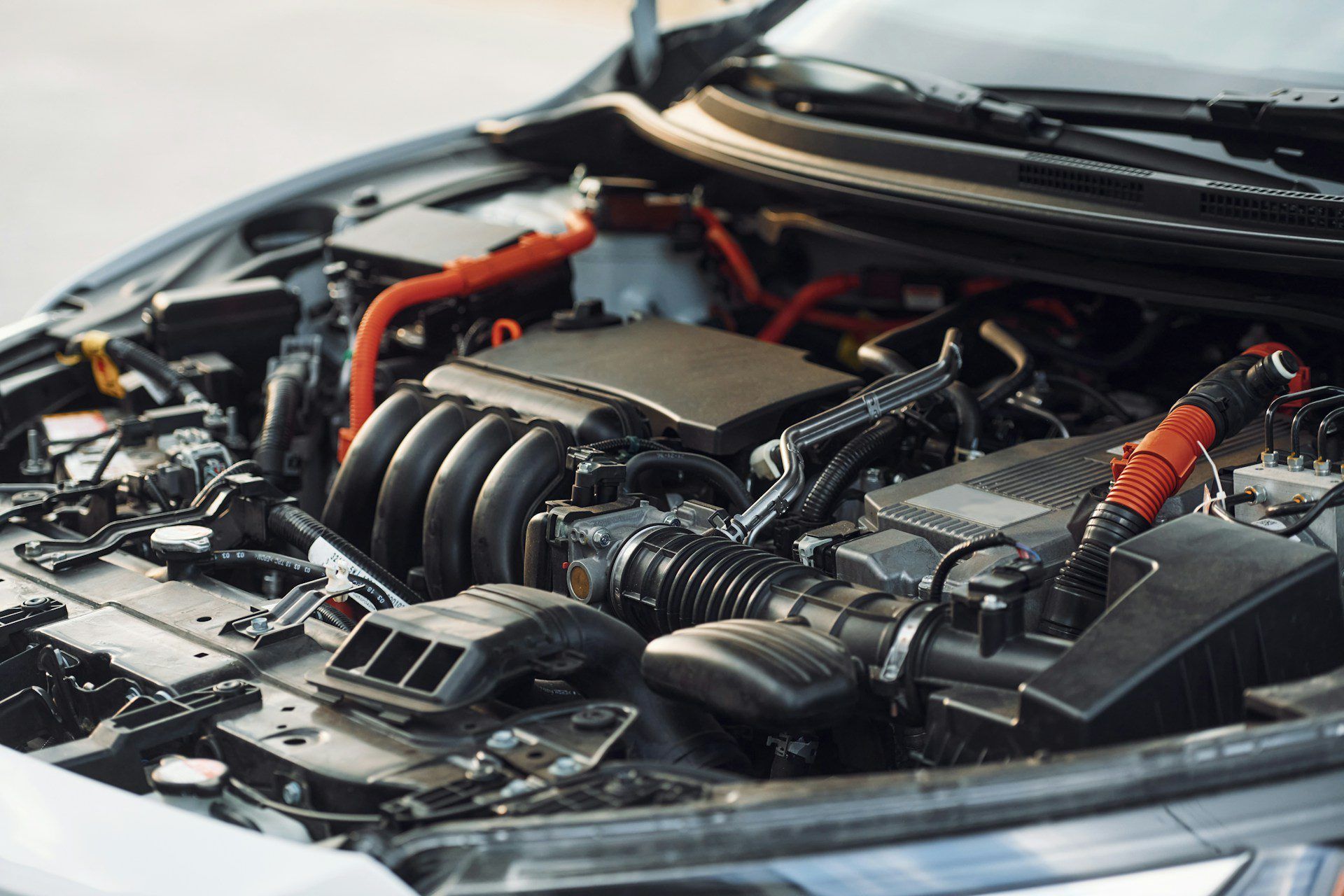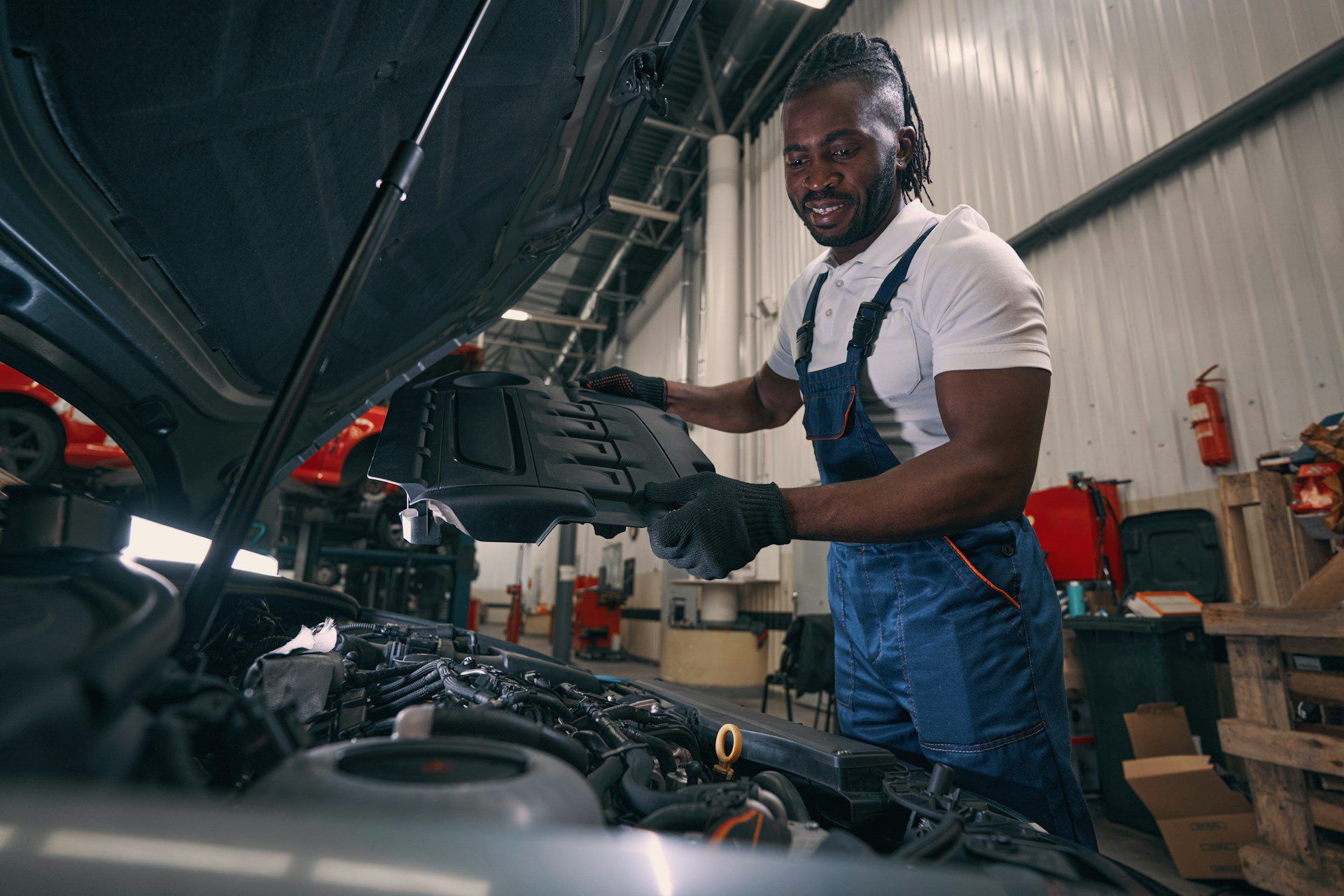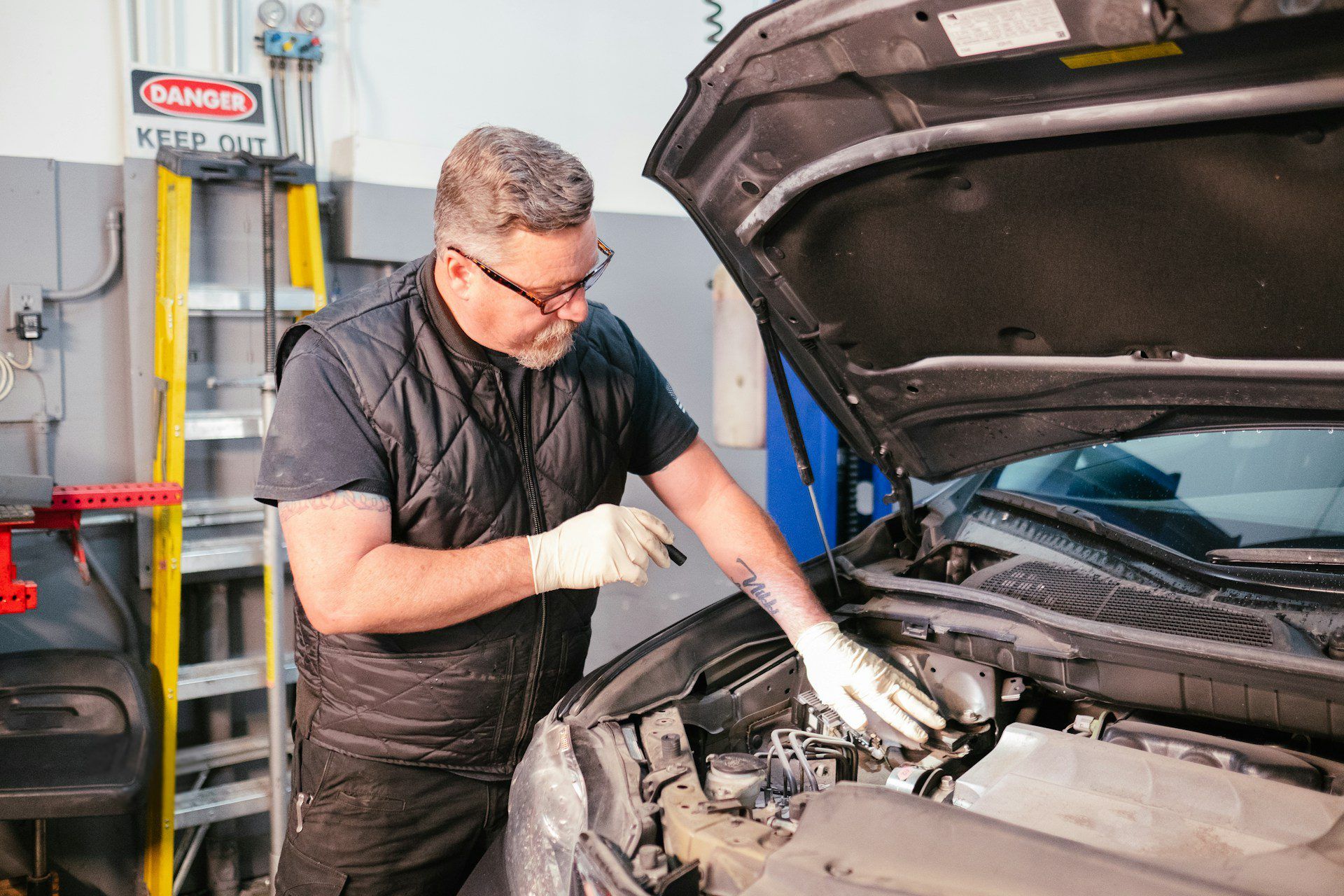Dealing with a Stuck Fuel Injector: Symptoms and Solutions
Your car’s fuel injectors are small but important pieces of the engine. They spray fuel into the engine at just the right time and in the right amount. This lets the engine burn fuel properly, which keeps things running smoothly. When one of those injectors gets stuck open or closed, problems start to pile up quickly. You may notice the engine running strange or not starting at all.
If you’re driving around Albuquerque and your car starts acting up, a stuck fuel injector could be behind it. Understanding the signs early on can help you avoid bigger headaches down the road. It’s especially helpful during cooler fall mornings when colder temps can already make engines work harder.
Symptoms Of A Stuck Fuel Injector
Spotting the warning signs of a stuck fuel injector early can save your car from damage and help you avoid getting stranded. Some symptoms show up immediately while others sneak in slowly. Here are several clues that could point to a stuck injector:
Rough engine vibrations
When a fuel injector gets stuck shut, one or more engine cylinders won’t get the fuel they need. That leaves the engine off balance. It might feel like the car is shuddering, especially at idle. The steering wheel may shake, or the car might feel like it’s struggling just to keep going.
Gas mileage drops
Does it seem like you’re refueling more than usual? A stuck injector might be leaking fuel or not delivering it efficiently. Either way, your gas is being used poorly, and it will cost you at the pump.
The engine misfires
When injectors don’t spray fuel as they should, you’ll likely feel the engine hesitate when you press the gas. That misfire is a clear signal something’s up with the fuel system.
Tailpipe smells stronger
A stuck-open injector can dump more fuel than needed into the engine. That extra, unburned fuel can slip through the exhaust and come out as a strong smell or even visible smoke. It’s not just annoying, it’s also rough on the environment.
Hard time starting the car
Fuel injectors that stick open or closed mess up the fuel-to-air balance needed to start the car. You might hear it crank without turning over, or it could take several tries to get going. In colder Albuquerque mornings around October, that issue becomes even more noticeable.
Each of these signs alone might be chalked up to something small, like old gas or a dirty air filter. But when they start to stack up, your fuel injectors are worth a closer look.
Common Causes Of A Stuck Fuel Injector
Fuel injectors can go bad for several reasons, and not all of them have to do with age. The way you drive, the type of gas you use, and whether maintenance has been kept up all play a role. Here are the most common causes behind a stuck fuel injector:
1. Dirty or poor-quality fuel
Gasoline may look clean when it goes into the tank, but over time it can leave behind dirt or varnish. These bits gather inside the injector nozzle and cause it to stick. Bad or watered-down fuel makes this happen faster.
2. Skipping regular maintenance
Fuel systems need regular service just like oil changes and tire rotations. When that regular cleaning is skipped, small build-ups turn into big problems. A stuck injector may start out sticky and just get worse with time.
3. Wear and tear from use
Injectors go through a lot, firing thousands of times during each drive. After years of use, the little moving parts inside begin to stick or fail altogether. There’s no precise warning for this, it just happens when they’ve had enough.
4. Electrical issues in the system
Injectors are tied to the car’s computer system, which tells them when to fire. If the wiring is damaged or corroded, the injector can freeze in an open or closed state. Sometimes the injector itself is fine, but a shorted wire makes it act up.
Each of these problems builds over time but shows itself suddenly, usually when it’s least convenient. That’s why keeping an eye and ear on how your car sounds and feels can make all the difference.
Solutions And Preventive Measures
Once a fuel injector gets stuck, it usually takes a professional to diagnose and fix the issue correctly. But with the right care and timing, you can lower the chances of this happening again. Here are a few smart steps drivers in Albuquerque can take to keep fuel injectors working properly year-round:
– Get fuel injectors cleaned professionally
Over time, injectors collect deposits that simple fuel additives won’t clear. A proper cleaning service breaks down build-up and restores spray patterns. This kind of service goes a long way in fixing minor clogs before they lead to complete failure. If your engine has already started misfiring or losing fuel mileage, this is often the first step taken during repair.
– Stick to your maintenance schedule
Skipping services is one of the quickest ways to run into fuel system issues. Following the manufacturer’s recommended schedule for inspections and cleanings can help spot problems early. Whether you drive a compact sedan or a diesel truck, fuel-related issues don’t improve with age.
– Use better-quality gasoline
All gas is not the same. Lower-grade fuel can contain more impurities that dirty up the injectors faster. Sticking with cleaner-burning fuel helps keep the inside of the injector from getting gummed up as quickly.
– Repair fuel system problems right away
Any interruption in injector performance—whether due to wiring, fuel pressure, or deposits—should be looked at as soon as possible. Waiting too long can lead to engine knocking, rough idling, and even permanent damage in severe cases.
For example, a driver in Albuquerque might notice the car hesitates more on cold mornings but drives fine later on. That change in performance could be brushed off as weather-related. In reality, a sticky injector or faulty connection might be behind it. Leaving it unchecked until the issue becomes worse can result in expensive fixes down the line.
Why Choose Rio Grande Automotive for Fuel Injector Service
Fuel injectors don’t just go bad overnight. What begins as a subtle issue like lower mileage or a slight smell can grow into something that affects the overall performance of the car. A full injector blockage can keep the engine from starting at all, especially on colder mornings when Albuquerque drivers rely on their cars to get moving quickly.
That’s where full inspections and repairs come in. A professional can connect the symptoms to the source, whether it’s an injector stuck open or a sensor reading that’s thrown everything off. With proper testing equipment, it’s possible to scan fuel delivery, check for leaks, and even listen to the injector pulse to confirm if it’s working correctly.
Ignoring these signs might leave you with more than just a rough idle. It could mean towing the car when it won’t start at all or dealing with engine misfires that cause long-term wear. If something feels off, especially during seasonal shifts, it’s worth looking into before problems spread beyond the fuel system.
Keeping Your Car Running Smoothly In Albuquerque
Fall is a good time to take note of sensor warnings, rough starts, or odd engine behavior before temperatures drop further. Albuquerque’s changing weather, paired with daily stop-and-go traffic or longer highway drives, can stress your car’s fuel system more than you might expect.
Catching a stuck injector early makes a big difference. By staying alert to what your car is telling you and following up on small changes in how it runs, you can avoid bigger issues and longer service visits. Clean fuel, routine upkeep, and timely shoe-in appointments are three things that’ll keep things firing as they should, no strange smells or slow starts included.
If you’re noticing symptoms like rough idling, decreased fuel economy, or hard starts, it’s time to get things checked out. A professional fuel injector service from Rio Grande Automotive can help restore smooth performance and prevent costlier issues down the road.
